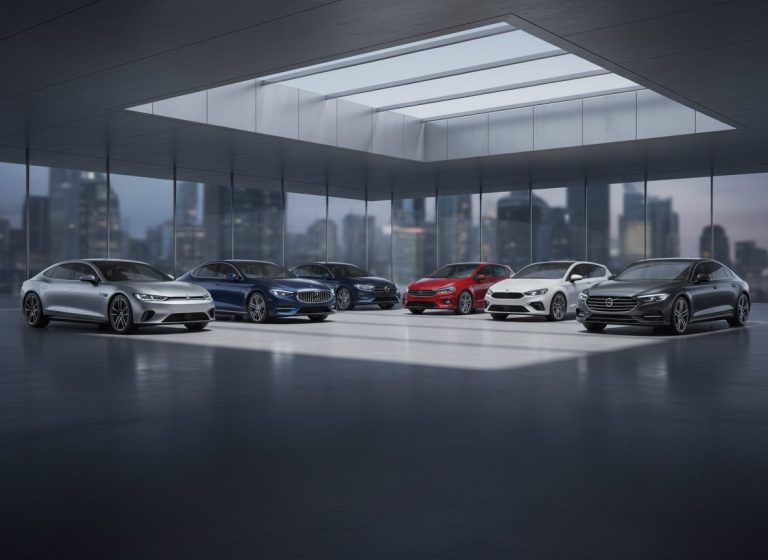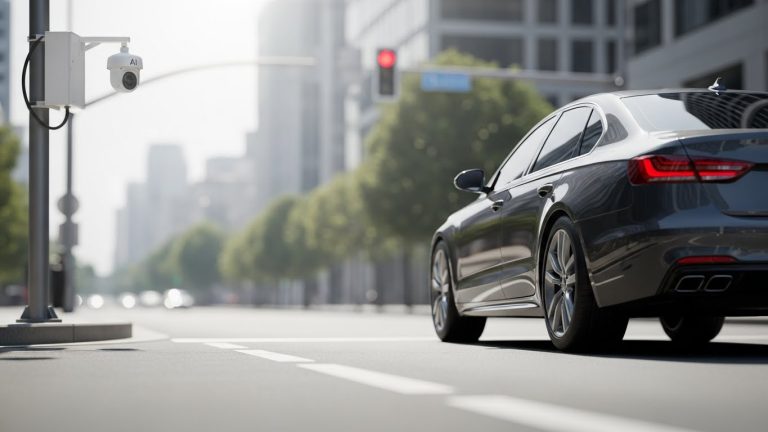2025’s Least Reliable Japanese Car Brands: Top 3 Ranked
Japanese cars are generally celebrated for their reliability and long-lasting performance. Brands like Toyota, Honda, and Subaru dominate in dependability. But not every Japanese automaker meets these high standards. In 2025, three brands have stood out for their recurring issues and lower reliability ratings.
1. Nissan Faces Financial and Mechanical Challenges
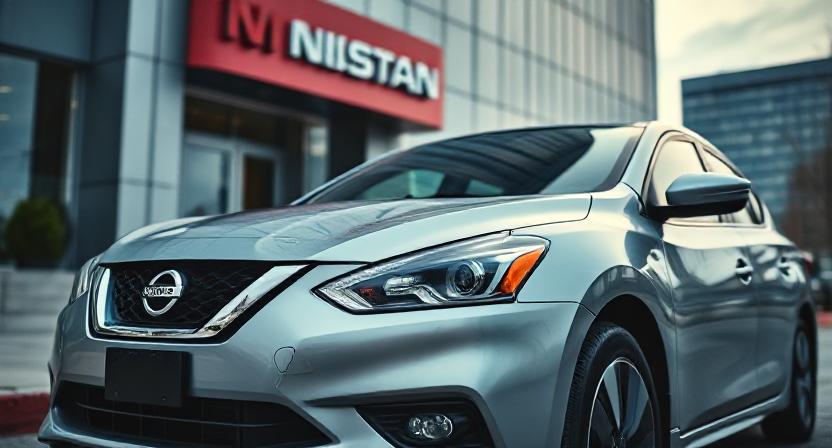
Nissan has been in the headlines recently for financial struggles and product reliability issues. The company laid off 15% of its global workforce, approximately 20,000 employees, after reporting a $4.5 billion loss last year. Moody’s also downgraded Nissan’s stock to “junk” status, signaling ongoing instability.
2. Transmission Troubles Plague Nissan
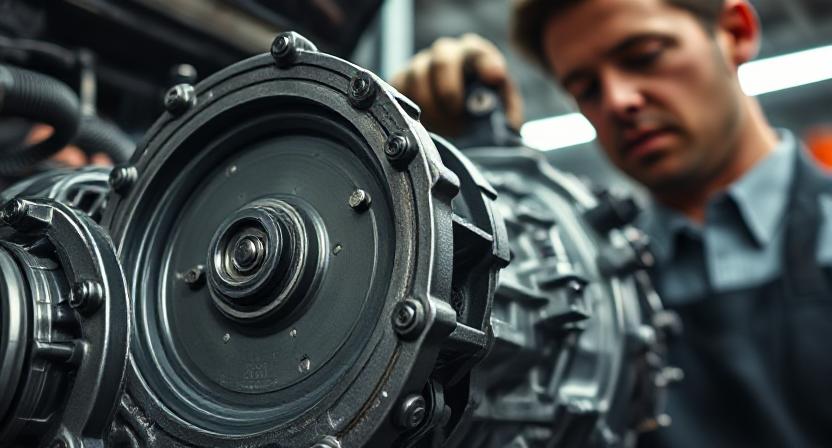
A major source of Nissan’s reliability problems comes from its CVT transmissions. Many owners report jerking, slipping, or complete failures far earlier than expected. According to Alex Black of EpicVIN, these issues have persisted for years, causing Nissan to rank last among Japanese automakers in Consumer Reports’ 2025 reliability ratings.
3. Infiniti Shares Parent Company’s Issues
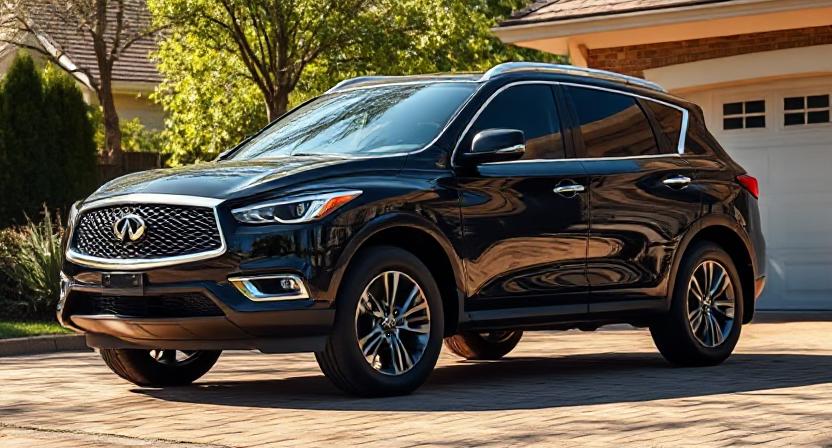
Infiniti, Nissan’s luxury brand, suffers from the same mechanical and reliability concerns as its parent company. Although marketed as a premium vehicle, Infiniti cars are built in the same factories using the same components, making them prone to similar faults.
4. Electrical Problems in Infiniti Vehicles

Infiniti has been criticized for complex engineering that compromises reliability. Andrey Smirnov of Silverstone Auto Spa points out that Infiniti models often experience electrical issues, making them less dependable than competitors like Lexus or Acura.
5. Nissan and Infiniti in Global Reliability Rankings
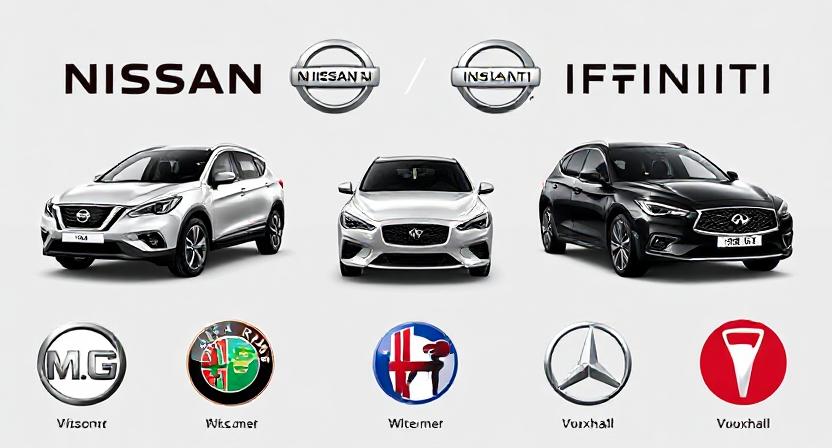
In WhatCar’s latest survey, Nissan ranked fourth among the least reliable car brands worldwide, placing it alongside MG, Alfa Romeo, and Vauxhall. Infiniti, by association, shares much of this negative reputation.
6. Mitsubishi’s Financial Struggles

Mitsubishi has also struggled in recent years. The company has repeatedly missed profit forecasts, reporting a 76% drop last year and a 26% drop earlier this year. These financial setbacks have affected both production quality and brand perception.
7. Mitsubishi’s Decline in the U.S. Market
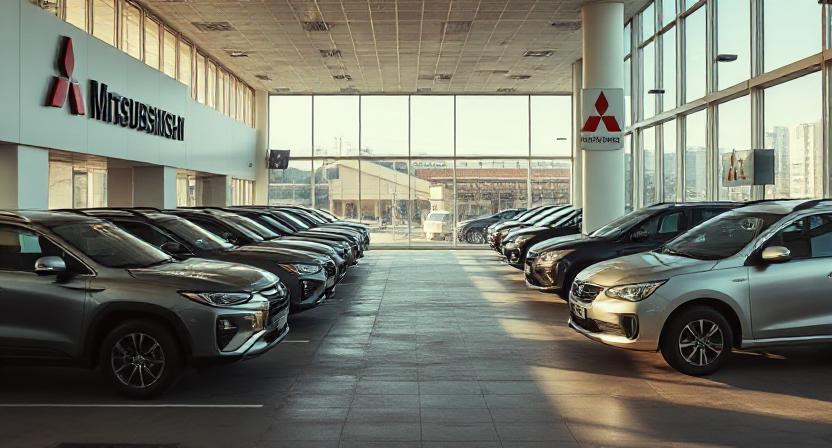
The brand’s challenges extended to international markets. Due to tariffs and low sales, Mitsubishi stopped shipping cars to the U.S., reducing its presence and relevance in one of the world’s largest automotive markets.
8. Aging Technology and CVT Problems in Mitsubishi
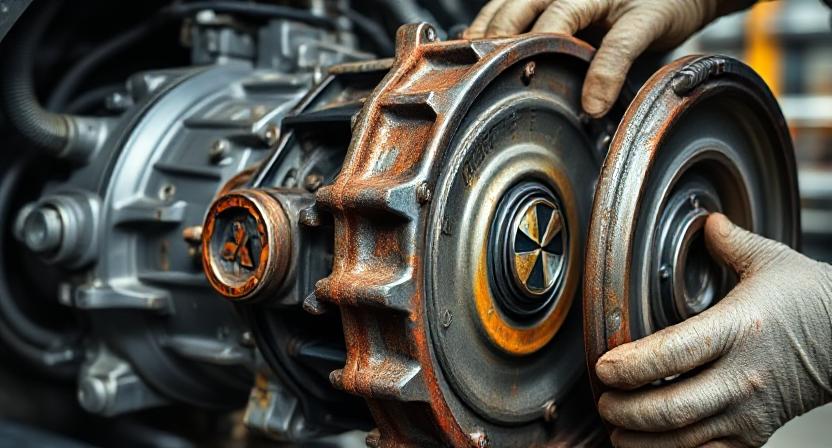
Like Nissan, Mitsubishi vehicles have suffered from outdated technology and low-cost components. CVT transmission issues and other build quality concerns have further impacted the brand’s reputation for reliability.
9. Consumer Reports and JD Power Rankings
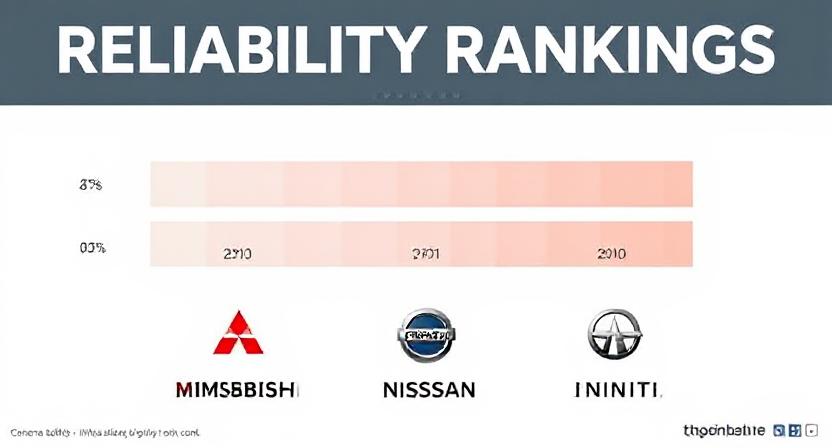
Mitsubishi has fallen so low in relevance that Consumer Reports excluded it from their annual reliability report. In JD Power’s 2025 dependability study, Mitsubishi ranked last among Japanese automakers, reflecting persistent mechanical and quality issues.
10. Better Alternatives Among Japanese Brands
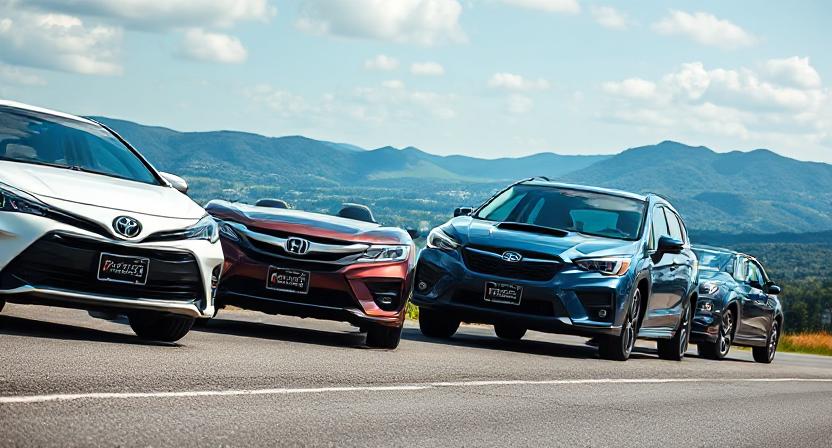
For buyers seeking reliable Japanese vehicles in 2025, brands like Toyota, Honda, Subaru, and Hyundai remain solid choices. Steering clear of Nissan, Infiniti, and Mitsubishi can help avoid unexpected repairs and long-term reliability headaches.





